Drug Detox: 13+ Answers about Detoxing, Withdrawals, & Medication
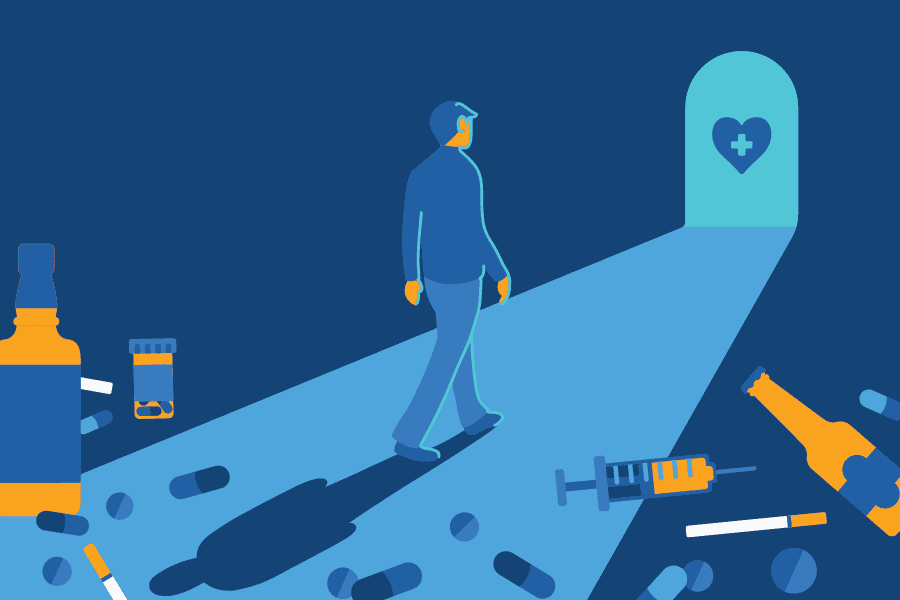

Engaging in effective addiction treatment to overcome the use of drugs is an important step toward a sober future. Each journey starts with committing to an effective professional detox program.
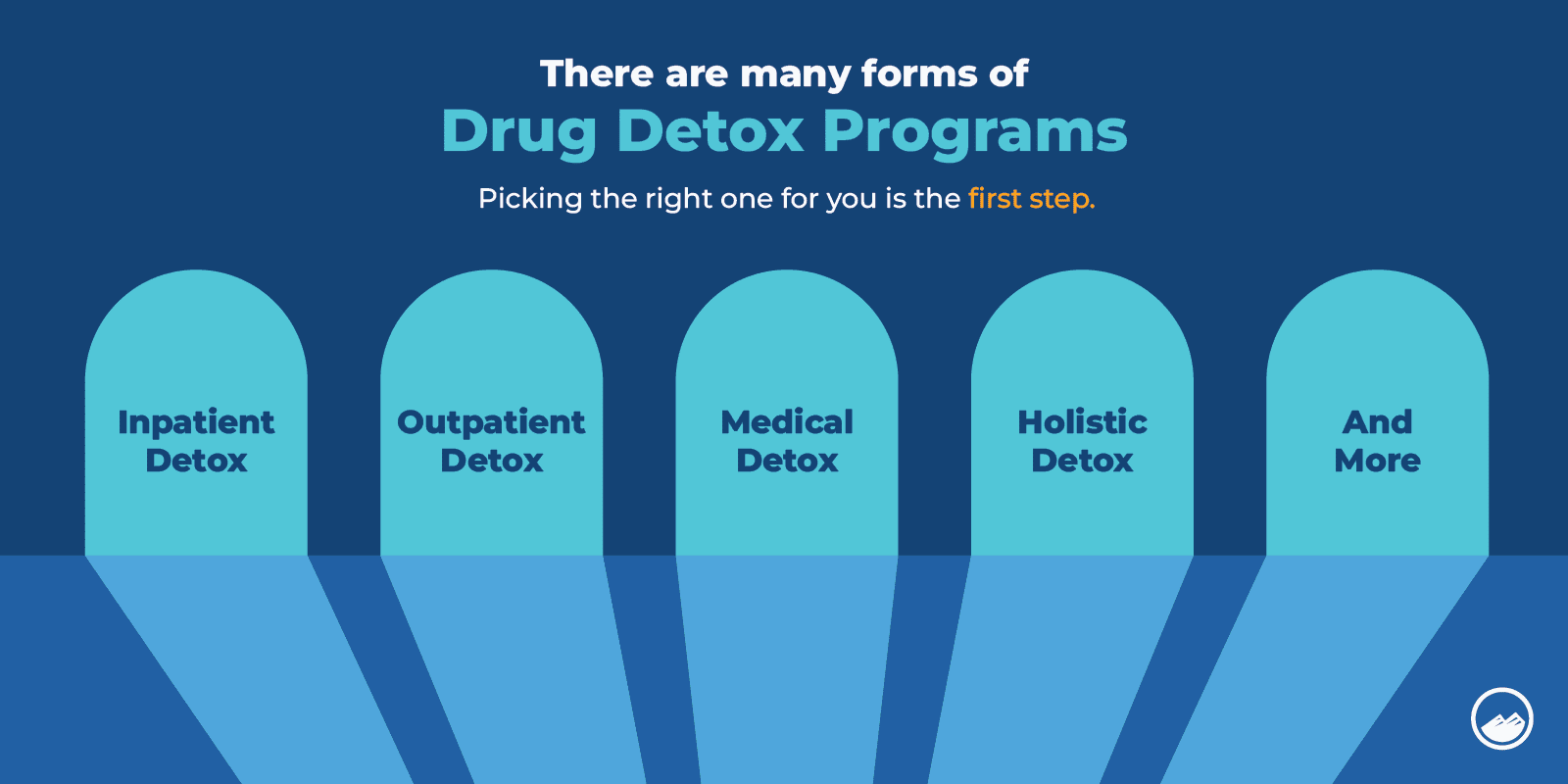
Drug detox or detoxification is the process of processing and expelling the traces of drugs circulating in a person’s system while navigating challenges, urges, cravings, and withdrawals.
Detoxification programs allow someone going through detox to do so safely under medical supervision until they have reached a point of stabilization.
Many drugs are detectable long after their immediate effects have worn off, and they continue to impact a person’s physical and mental health. However, detox is more than staving off urges or cravings to reengage with drugs.
Detoxing is necessary for overcoming drug addiction. Recognizing the need for change in your body can be the tipping point that guides you toward the necessary professional care you or your loved ones need.
While each person will have a unique relationship with drugs and their effects, there are signs that it may be time for someone to commit to an effective drug detox program.
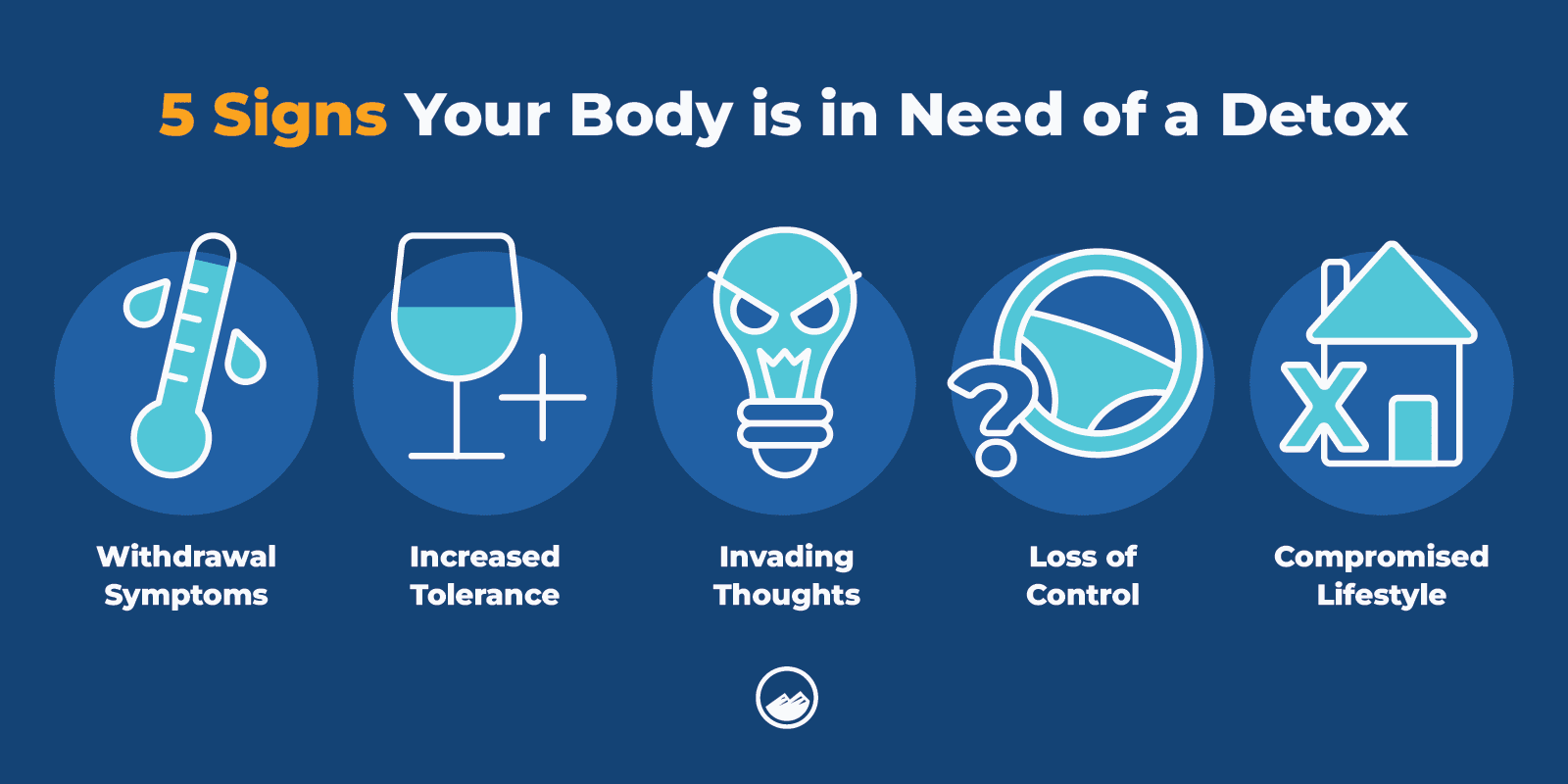
Yes. Effective detox programs typically come in two forms – either non-medical detox or medical detox.
Non-medical detox programs still utilize trained professionals and provide an array of emotional support and communal efforts to aid in overcoming addiction in the most natural way possible.
Medical detox programs champion the same abstinence approach to detox and addiction treatment but do so while using trained medical professionals to prescribe medications to cope with withdrawal symptoms or other challenges common during detox.
There are some situations in which quitting cold turkey can create life-threatening conditions.
Prolonged, excessive use of heroin, benzodiazepines, and alcohol can all have life-threatening withdrawal side effects. Withdrawal from drugs like heroin or prescription drugs like valium can produce life-threatening seizures, while the cessation of alcohol use can result in delirium tremens.
However, these effects can be rare and typically only manifest after extended and high-frequency and intensity of use. Discussing each individual’s history of drug use with professionals can help each person prepare an effective treatment plan.
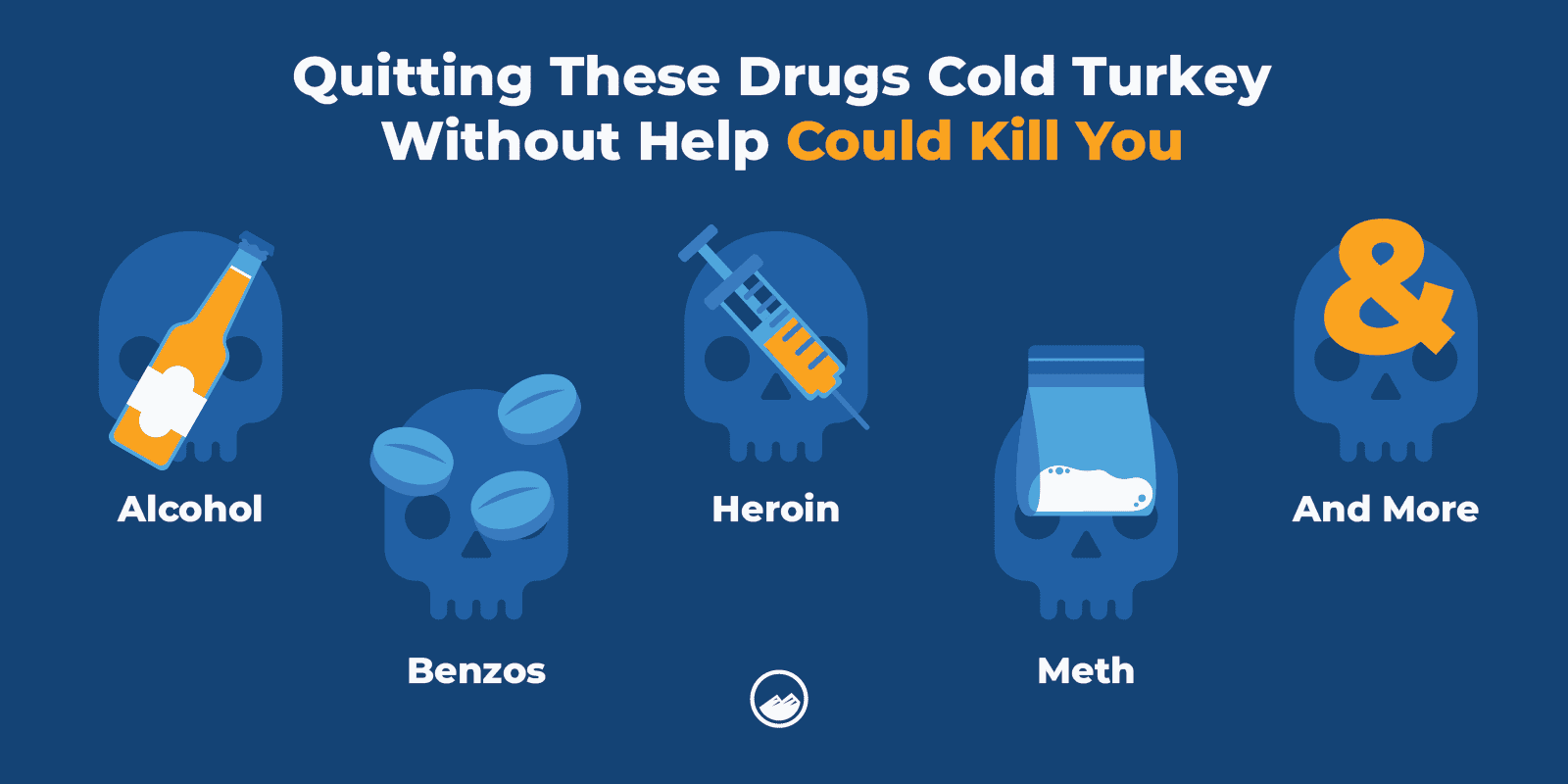
No amount of time is detoxing for “too long.”
Most detox programs take one to two weeks, although some more severe cases can take longer to detox from drug use fully. Detox is not the end of substance abuse treatment, and each individual should expect to transition to further levels of care, such as outpatient treatment.
Detoxification can be intimidating, and working with professionals to understand the drug detox and withdrawal process can provide the best approach to overcoming substance use disorder.
When drug use affects other areas of your life, such as professional attendance and academic performance, or overrides other hobbies or social groups, detox is necessary.
Detoxification is a natural process that the body undergoes to eliminate or neutralize harmful substances.
Many programs begin with an intake examination to discuss a person’s history of drug use. Professionals will help an individual stabilize and manage withdrawal symptoms while providing medication and education about addiction.
Detox is difficult, and the process can be both intense and uncomfortable. However, it is a necessary step toward recovery.
Detox often comes with intense withdrawal symptoms like mood swings, nausea, vomiting, aches, pains, and anxiety.
However, upon navigating detox, those overcoming substance use disorder can find new clarity, improved physical and mental health, and a new perspective on daily life.
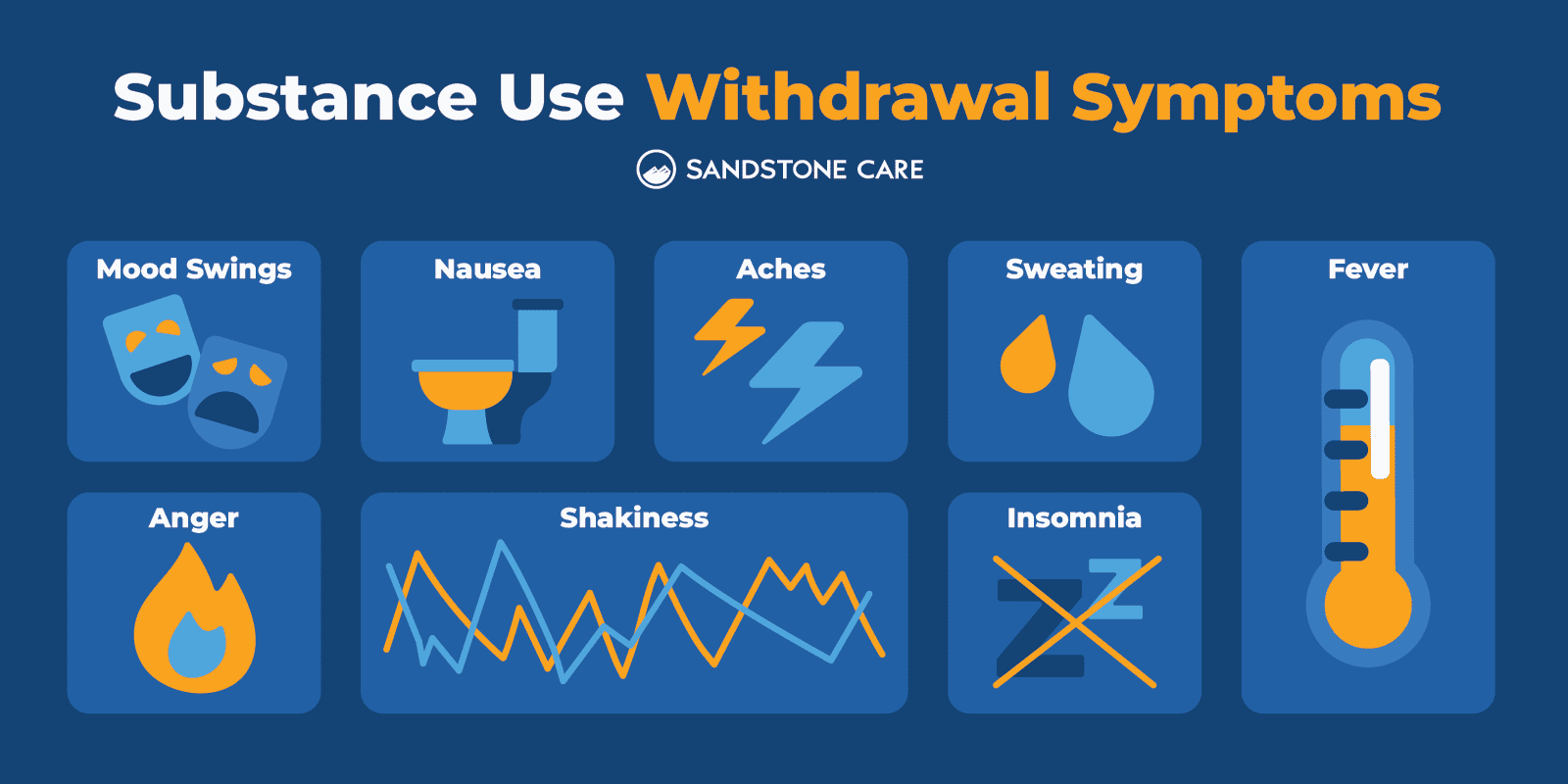
The length of the detoxification process will vary depending on the individual, their unique history of use of drugs, as well as the substance being used.
Those beginning their detox journey can set expectations based on some standard detox programs depending on the substance.
Alcohol: Alcohol detox can last from a few weeks to months.
Opioids: Detoxing from opioid addictions to substances such as heroin or prescription painkillers is difficult, with the most intense withdrawal manifesting within the first five to ten days throughout a dedicated detox treatment program, lasting one to two weeks.
Stimulants: Stimulants like cocaine and methamphetamines have fast-acting effects. The detox process can vary greatly, from a few days to navigate these intense withdrawal symptoms to multiple weeks.
Benzodiazepines: Detox from benzodiazepines can vary greatly. However, engaging in effective detox programs for one to four weeks is advised.
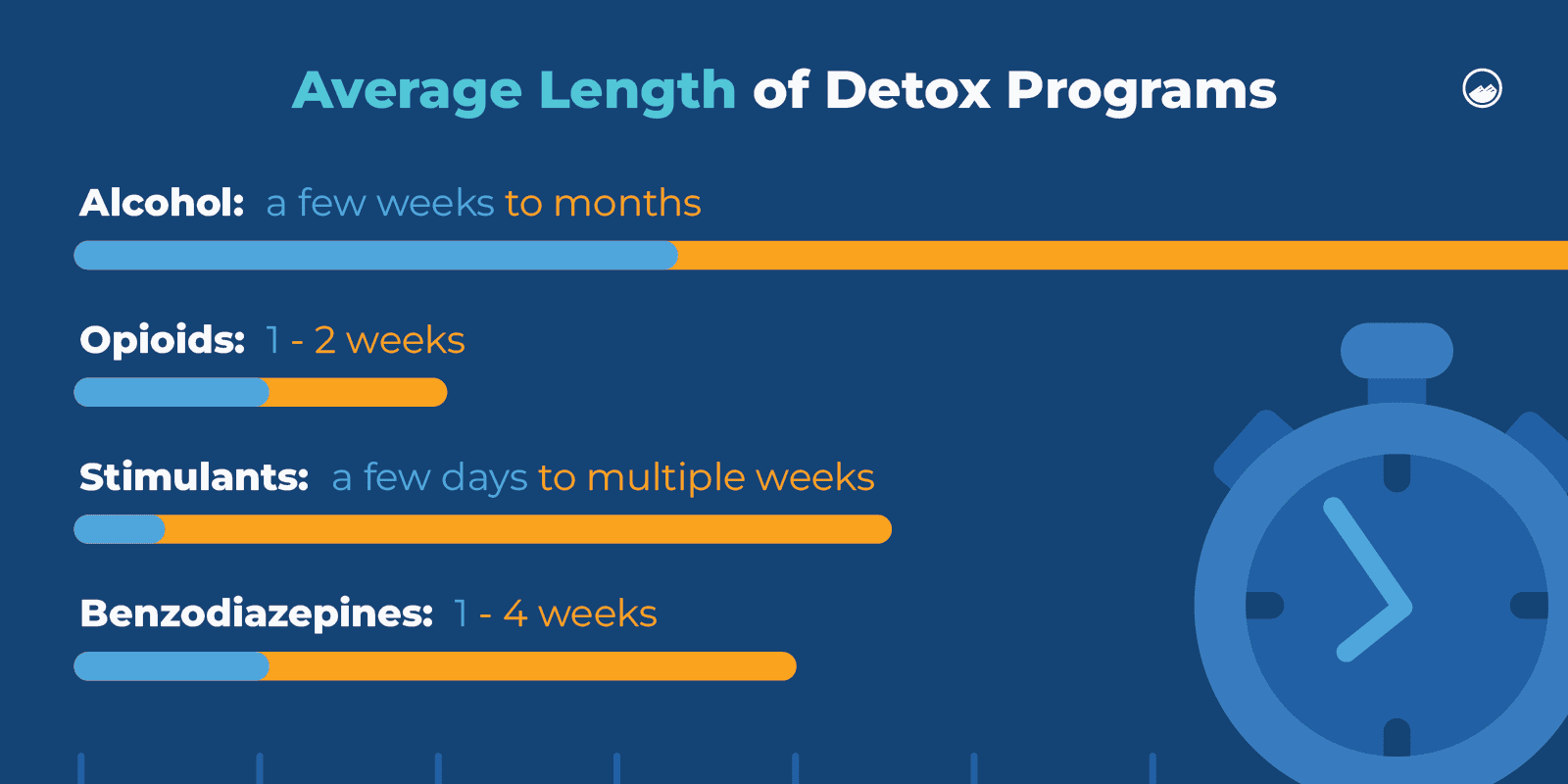
Each individual will have a unique experience in detox and their journey of overcoming various addictive substances like marijuana, alcohol, opioids, stimulants, sedative drugs, and hallucinogens.
Marijuana: Marijuana detox is difficult. The most intense withdrawal symptoms typically manifest within the first one to three days after a person’s last drug use.
Alcohol: Alcohol withdrawal symptoms can set in only hours after a person’s last drink. Combining medication with cognitive behavioral therapy (CBT,) group and individual psychotherapy sessions, education, and more are crucial for alcohol detox.
Opioids: Opioids are intense drugs; withdrawal can occur hours after a person’s last use. Medical detox programs are essential for navigating this time, with intense opioid withdrawal symptoms like anxiety, depression, nausea, vomiting, flu-like symptoms, insomnia, emotional and physical fatigue, chills, gastrointestinal complications, and more.
Sedative Drugs: Sedative drugs like benzodiazepines are highly addictive, and a combination of individual and group therapy, support groups, and medical detox is necessary. Grounding strategies to cope with persistent urges is also necessary, with professional guidance to refine these skills in detox.
Hallucinogens: Hallucinogens are not typically tied to the same physical withdrawal symptoms as other drugs but can still come with several psychological withdrawal symptoms that demand professional attention. Some may even experience “hallucinogen persisting perception disorder,” or HPPD, where an individual who has ceased using hallucinogens may continue to experience alterations to their perceptions.
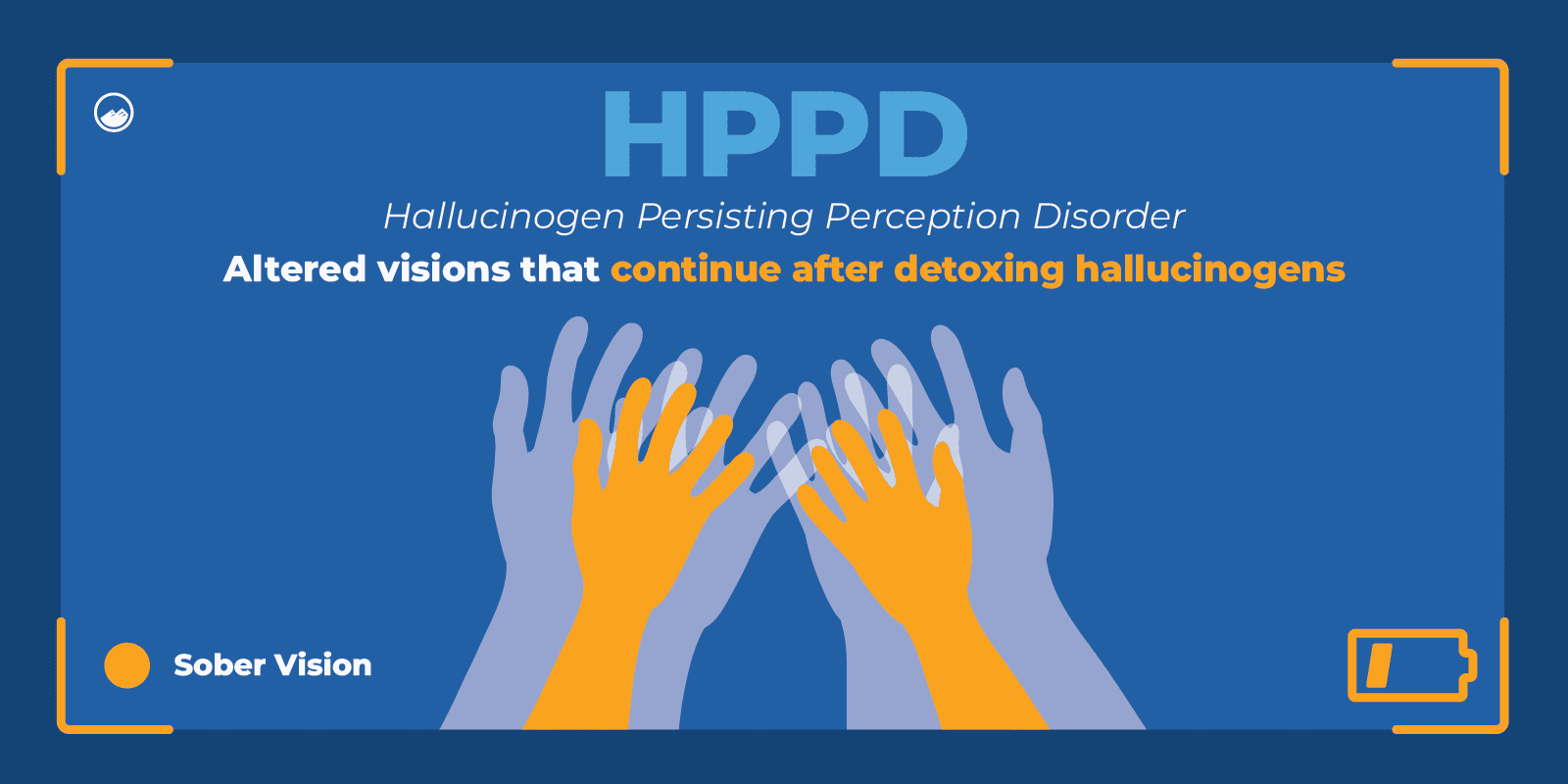
Detox is a time of intense physical and emotional change, and the body will undergo some transformations throughout detox.
From physical healing in the liver, kidneys, and heart to noticeably clearer skin and healthier hair to emotional healing as the brain reestablishes a healthier homeostasis without drugs.
Under the supervision of medical healthcare professionals, medications can be used to help during detox.
Anticonvulsants to manage seizures, benzodiazepines to promote relaxation and reduce anxiety, methadone and buprenorphine to address opioid use disorder and addiction, phenobarbital to address seizures, anxiety, and insomnia, and Subutex and suboxone to further address an addiction to opiates are all common throughout detox.
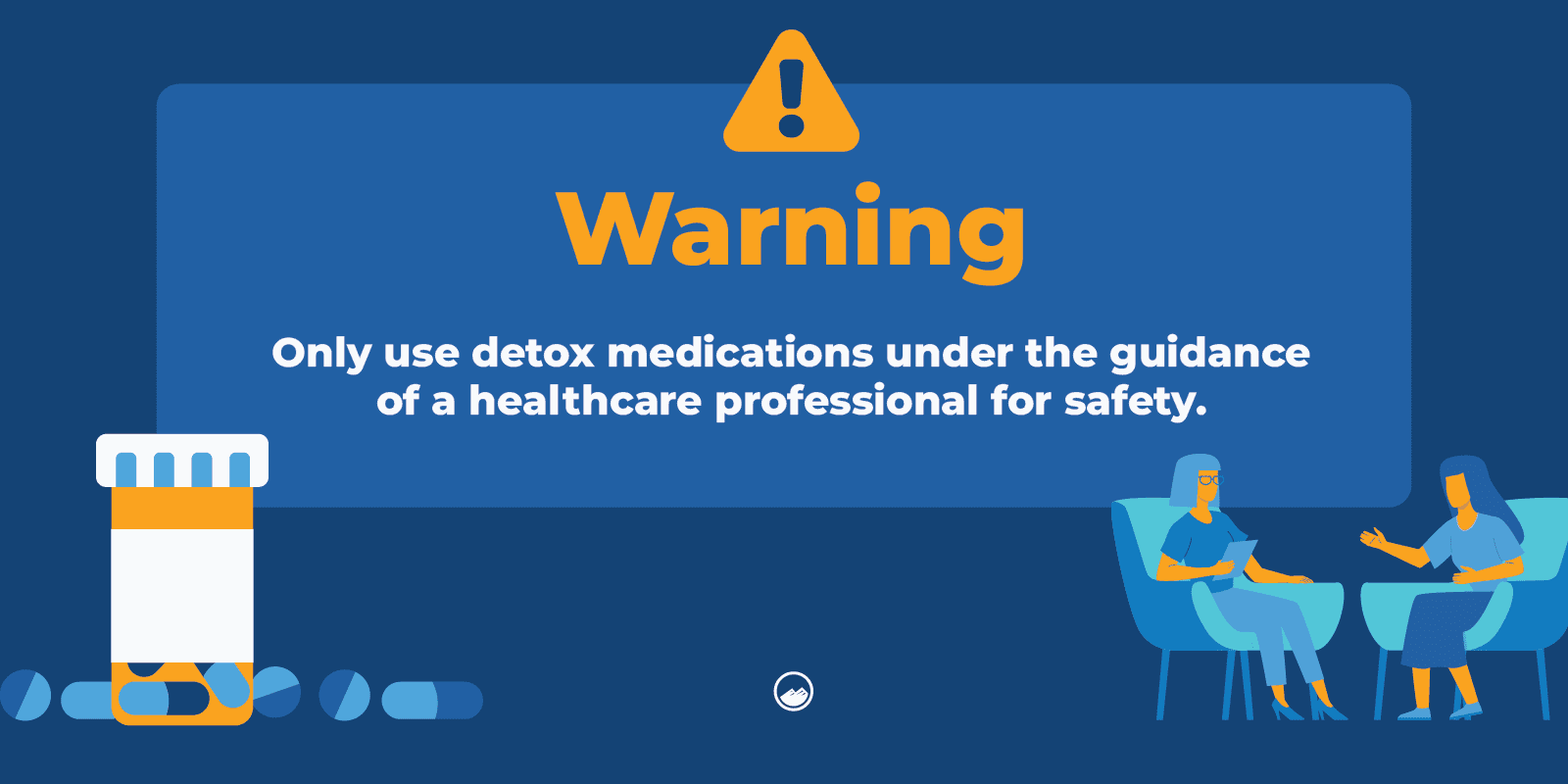
Using prescribed medication after detox is possible, depending on a person’s unique situation, needs, and progress.
Medications like Acamprosate, Disulfiram, and Naltrexone are all common continuing medications used in navigating alcohol treatment and recovery even after detox has concluded.
There is no single medicine that is best for all situations throughout detox. Likewise, no medicine can completely mitigate the challenges of the detox process.
Working with medical professionals and discussing each person’s history of use, challenges, symptoms, and more can all inform the best medication for an individual.
Detox and treatment medications can be instrumental in the efficacy of dedicated drug and alcohol detox programs.
Professional detox programs can provide education, professional support, emotional and physical healing opportunities, medication, and more.

Detox is difficult; expecting discomfort and side effects is necessary to create an effective plan.
Mood changes, headaches, changes in sleeping patterns, changes in perspectives, and more are common. Feeling dizzy, unfocused, and mentally “foggy” are all also possible. However, side effects will subside throughout the detox process.
Withdrawal is a personal experience. However, there are common experiences of drug withdrawal. Some of these symptoms include:
However, each individual will have unique experiences, and professionals throughout the detox process can help each person address each person’s unique withdrawal symptoms.
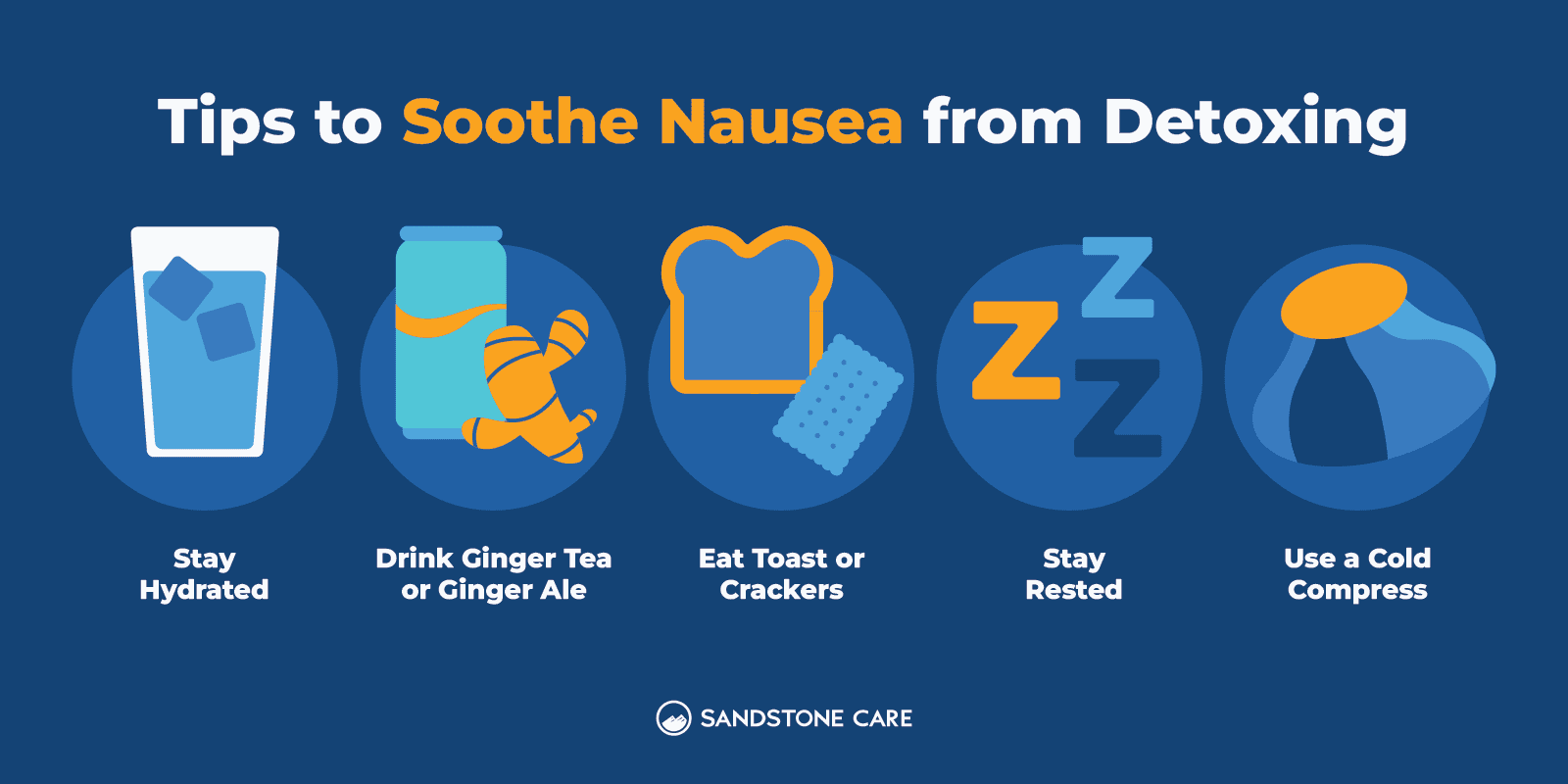
Withdrawal can also affect a person’s behavior, from mood swings to urges and cravings. An individual may act irrationally as they begin the detox process until the body processes toxins and expels them.
Severe withdrawal symptoms are possible, and professional medical treatment is necessary to overcome severe withdrawal symptoms.
Intense physical pain, emotional turmoil, panic, and more are all possible depending on the individual and their history of use.
Withdrawal is a series of intense and rapid shifts within the body that are necessary to begin a sober life.
Symptoms include both physical and emotional challenges, making a holistic approach to detox and treatment necessary.
Medical detox is the use of dedicated prescription medications to cope with the effects of withdrawal throughout detox.
It is a combination of medication, practical therapies like CBT and DBT, group therapy sessions, and physical and emotional healing.
Medical detox is necessary to address addiction, especially if an individual has become physically dependent on a particular drug.
Detoxing from any kind of drug or alcohol can benefit from a medical detox.
However, prolonged use of alcohol, opioids, benzodiazepines, and methamphetamines can be difficult to address, with a medical, holistic approach necessary.
Detoxing at home can be dangerous, regardless of the drug being used.
Medical detox can provide medications that would not otherwise be available to address withdrawal symptoms and challenges and education and emotional support.
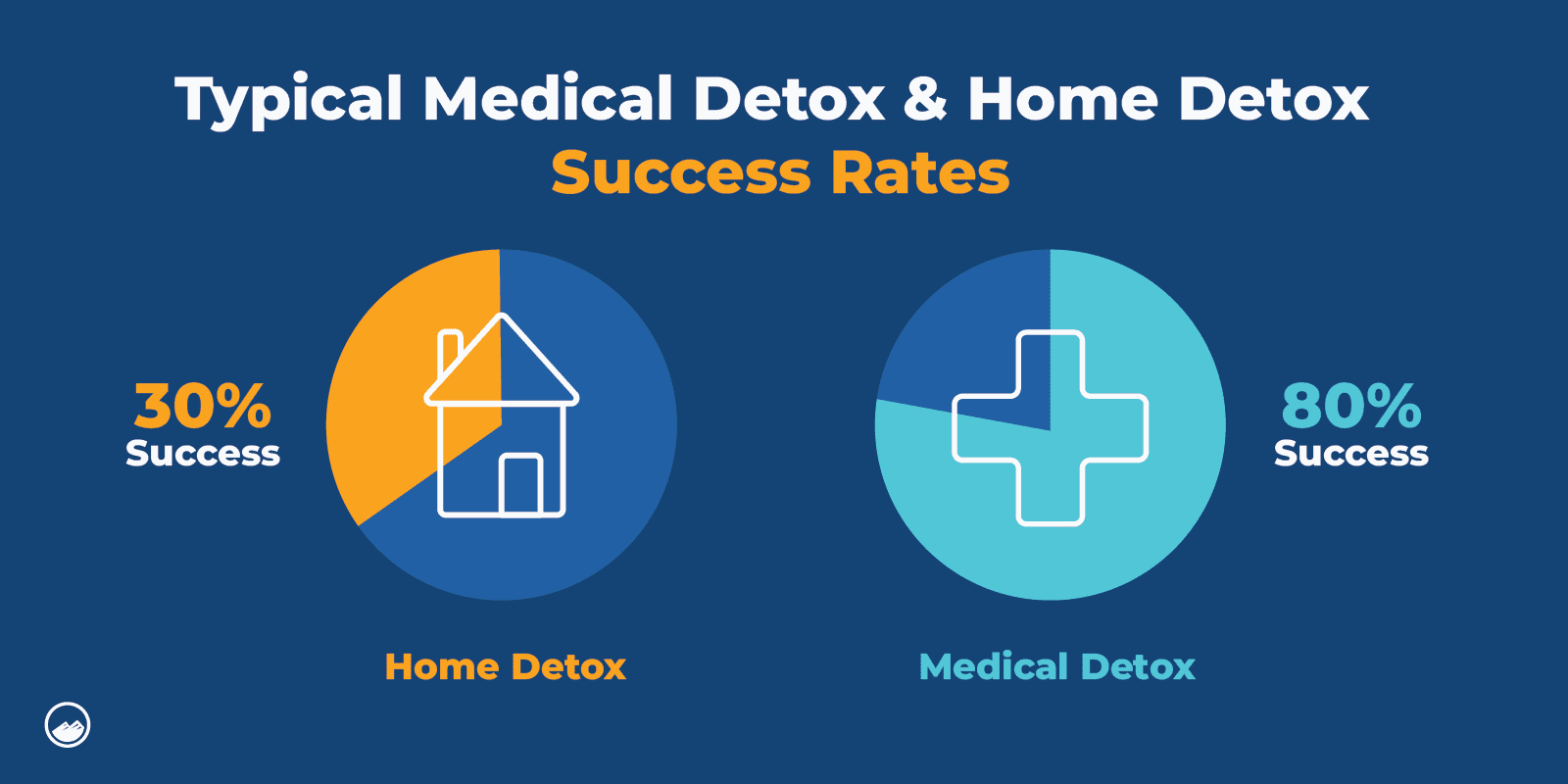
Medical detox combines expressing a desire to change, embracing vulnerability, and working with peers and professionals to find the combination of medicine, therapeutic modalities, and holistic treatments.
The length of a medical detox program will vary from person to person and depending on the substance used.
However, most medical detox programs will take at least a week, often multiple, and even up to a month before transitioning to further levels of care.
Detoxing from drugs combines abstinence from the addictive substance, professional treatment, and addiction medicine to manage challenging symptoms and provide care and the resources to transition to further levels of care.
Detoxing too quickly can leave an individual more susceptible to relapse.
Overcoming drug addiction is a journey; moving on from detox too quickly can leave traces of the substance in a person’s body.
Likewise, an increased chance of relapse and a lack of education and strategies are also possible.
Throughout detox, the body processes and flushes out the traces of addictive substances while rapidly readjusting to a life of abstinence by rewiring the brain’s neural pathways.
Detox is not the end of a person’s recovery journey.
Avoid falling back into previous routines, engaging with non-supportive or high-risk social groups, or taking unnecessary risks that may lead to drug or alcohol use.
It typically takes longer than 24 hours to truly detox the body.
Even if an individual feels better after 24 hours, detox takes longer to begin a truly transformative journey to sobriety.
There is no way to “fast track” effective detox efforts, nor is there a drink that can replace the efficacy of a dedicated treatment plan or addiction medicine.
Determining the best place to begin each person’s detox journey makes a huge difference in dedicated detox efforts.
Each drug detox center will approach detox a little differently.
Calling ahead and asking about particular strategies, methods, and if they employ a medical detox approach can be the beginning of finding an effective detox center.
Familiarizing oneself with any treatment facility’s detox process can help empower those taking their first step toward detox to fully commit to their sober change.
Some questions to ask a treatment center or medical detox provider include:
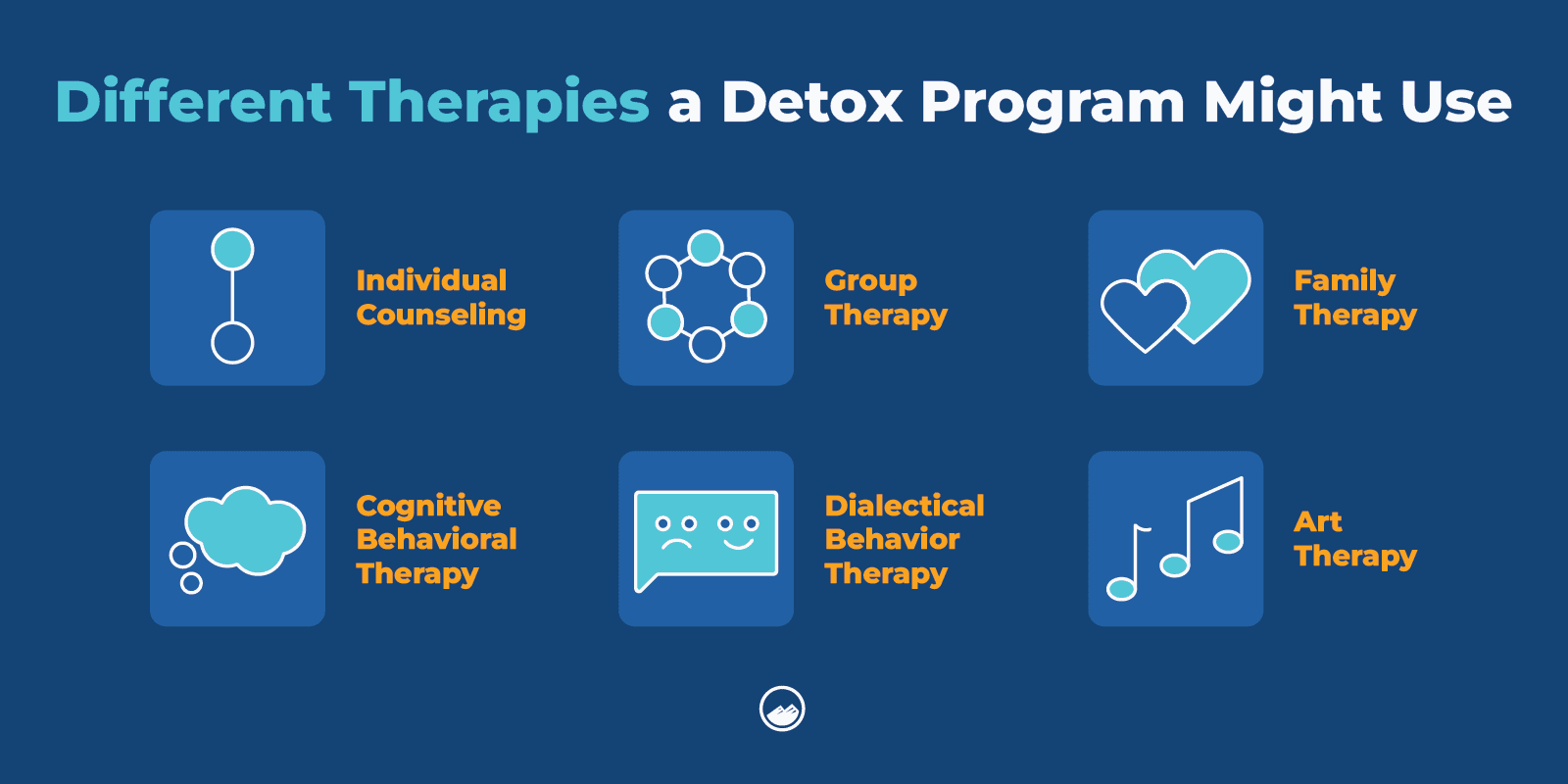
Engaging in detox with the most trained professionals can provide the best results.
Addiction is a recognized disease, and medical detox services are covered by most insurance.
However, calling to confirm that each individual’s insurance is accepted can add reassurance.
FAQ
Our goal is to provide the most helpful information. Please reach out to us if you have any additional questions. We are here to help in any way we can.
Not just drugs and alcohol but also any substances that may negatively impact a person’s health, such as caffeine. Likewise, avoiding high-risk situations, social groups, and triggers is necessary.
Withdrawal symptoms are most intense during the first few days of detox and will gradually decrease. Many will experience newfound clarity, with withdrawal symptoms subsiding after about two weeks.
While chlorophyll has seen use as a detox aid, it is not a replacement for professional detox or medication-assisted treatment.
Medication-assisted treatment and working with professionals to determine the best approach to various treatment options can help personalize the most effective approach to sobriety.


Detox is an important first step toward a transformed, sober future. At Sandstone Care, we are prepared to help you begin your sober journey with the best support, education, and medical care possible.